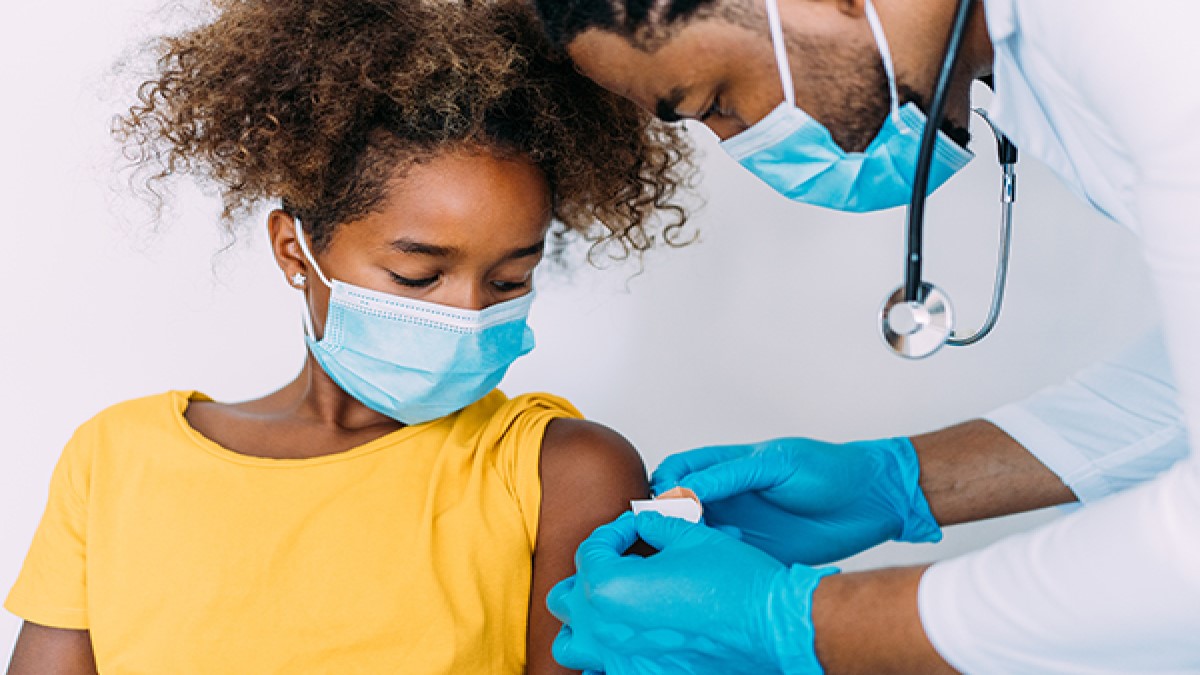Key points
- A vaccine can help prevent all four dengue viruses (serotypes).
- Dengvaxia is the only dengue vaccine approved for use in the United States.
- The dengue vaccine is recommended for routine use among children aged 9–16 years with laboratory-confirmed previous dengue virus infection and living in areas where dengue is endemic.
- There are no dengue vaccines currently approved for use in U.S. travelers who are visiting but not living in dengue-endemic areas.

Notice about Dengvaxia
Sanofi-Pasteur will stop manufacturing its dengue vaccine for children. The manufacturer is discontinuing the vaccine citing a lack of demand in the global market to continue production of this vaccine. CDC, in collaboration with the Puerto Rico Department of Health, will continue alerting health professionals about the discontinuation of Dengvaxia and the use of this vaccine as recommended by the Advisory Committee on Immunization Practices (ACIP). Dengvaxia is safe and effective when administered as recommended. There are two other dengue vaccines either approved or in late stages of development. However, they are not currently available in the United States. People can continue to protect themselves and their families from dengue by preventing mosquito bites and controlling mosquitoes in and around their homes.
About Dengvaxia
Dengvaxia is the only dengue vaccine approved by the U.S. Food and Drug Administration and recommended for routine use by the Advisory Committee on Immunization Practices. It is made by Sanofi Pasteur. The vaccine prevents dengue caused by all four dengue virus serotypes.
Since 2022, Dengvaxia has been available for use in children and adolescents 9–16 years old who have laboratory-confirmed previous dengue virus infection and are living in an area where dengue is endemic. In the U.S, dengue is considered endemic in U.S. territories of American Samoa, Puerto Rico, and the U.S. Virgin Islands, and freely associated states, including the Federated States of Micronesia, the Republic of Marshall Islands, and the Republic of Palau.
The vaccine is a tetravalent, live-attenuated dengue vaccine. It was constructed using recombinant DNA technology and replaces several genetic sequences in a yellow fever vaccine virus genome with the homologous sequences from the four dengue virus serotypes. Dengvaxia does not contain preservative. The vial stoppers for the Lyophilized Vaccine Antigen and the Diluent vials of Dengvaxia are not made with natural rubber latex.
Vaccine access
Where to find this vaccine
In the United States, Dengvaxia dengue vaccine is currently available in Puerto Rico.
Paying for the vaccine
Most health insurance plans cover routine vaccinations. The Vaccines for Children (VFC) program also provides vaccines for children 18 years and younger who are uninsured, underinsured, Medicaid-eligible, American Indian, or Alaska Native.
